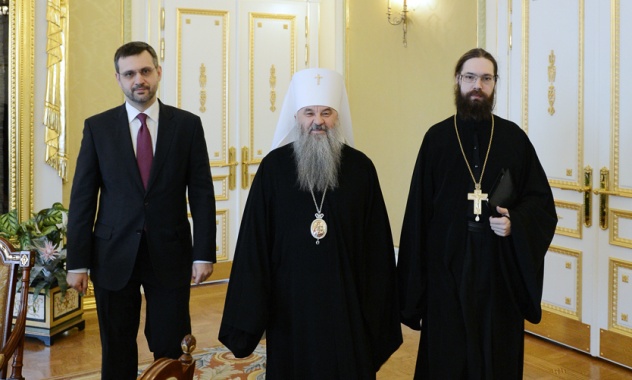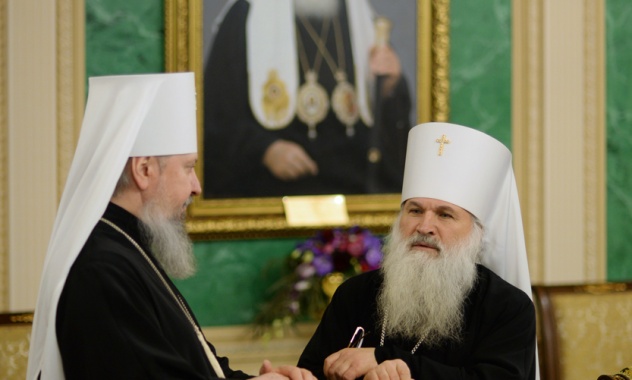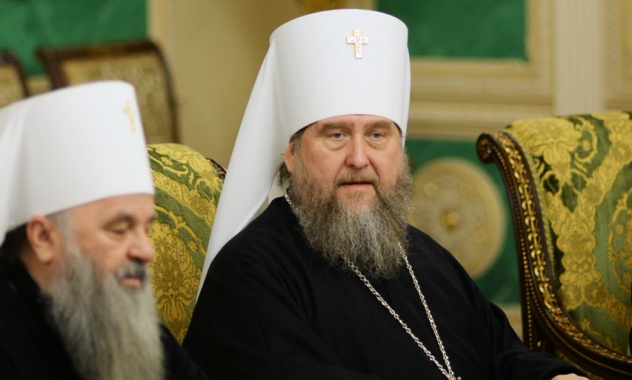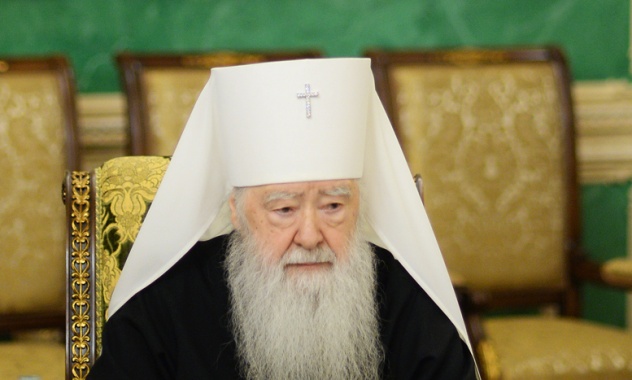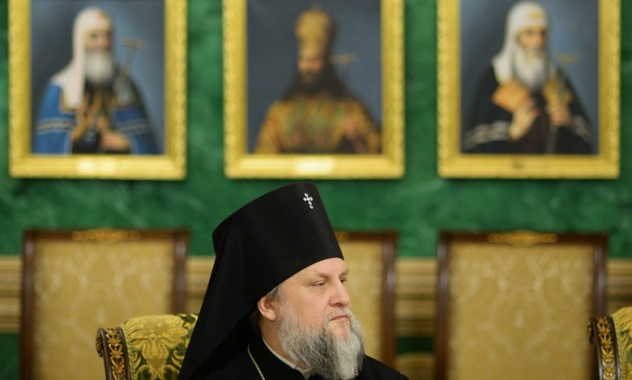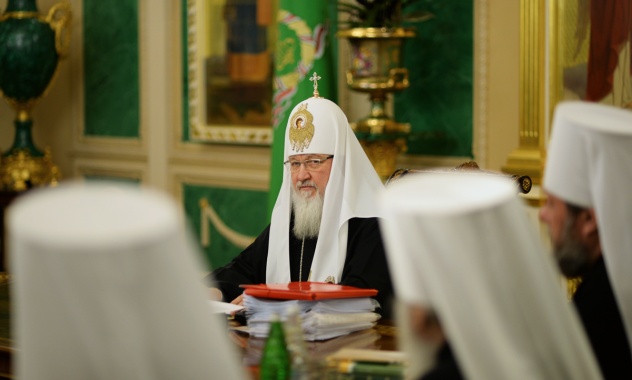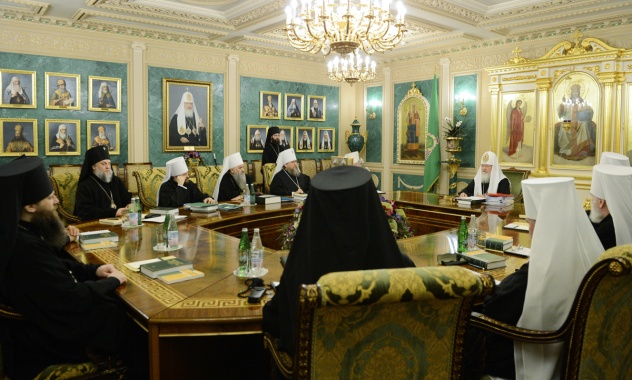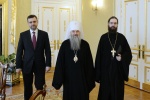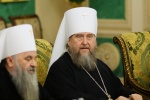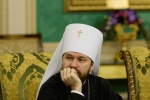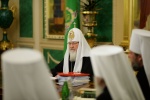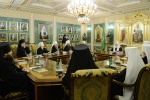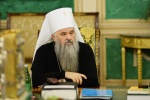Statement of the Holy Synod of the Russian Orthodox Church
The document was adopted at the session of the Holy Synod on March 19 (Minutes No.3).
The whole world’s attention has been focused on the tragic events unfolding in Ukraine. There is confusion happening in the country.
Responding to this acute situation and the threats of violent seizure of churches and monasteries of the Ukrainian Orthodox Church, the Primates of the Local Orthodox Churches who gathered in Istanbul on 6-9 March 2014 called for peaceful reconciliation of civil confrontation and for non-interference of political forces into church affairs. The Primates pray for the return of those presently outside of ecclesiastical community into the Holy Church.
We, gathering today for the session of the Holy Synod, once again address Ukraine so dear to our hearts and state that the Ukrainian Orthodox Church has consistently called for peace and prayers while not identifying itself, unlike other religious organizations, with any side of political confrontation. Its faithful live in all regions of Ukraine; it is the largest religious community in the country living one and the same life with its people and being together with them in the hard time of sorrow. This is the unique nature of its public ministry, as there are people in Ukraine who belong to different ethnic, language and cultural communities and have different political views. Some of them look after maximum integration into political structures set up by the western European countries. Others, on the contrary, strive for the development of relations with the peoples of historical Russia and for preservation of their original culture.
The opposite public trends, which prevail over one another alternately, polarize Ukrainian society. The Church is above these differences and cannot identify itself with any particular point of view. On the contrary, the canonical Orthodox Church that upholds communion with the entire Orthodoxy, is the only force which, for the sake of preserving civil peace, can reconcile and unite people adhering to diametrically opposite persuasions.
The mission of the Church and the sacred duty of all the faithful are to strive for peace in the land inhabited by the peoples of Holy Rus’ and to call for abandoning the language of hatred and enmity. Whatever happens in the relations among the states and whatever development the political confrontation takes, the unity in faith and brotherhood of people baptized in one and the same baptismal font cannot be deleted from their common past. We believe that it can neither be deleted from our common future in which the fraternal Byelorussian, Russian, Ukrainian and other people should live in peace, love and solidarity.
The Russian Orthodox Church has repeatedly called for non-admittance of violence, bloodshed and fratricidal standoff in Ukraine. Regrettably, it turned out to be impossible to avoid the tragic events: people died, and many suffered. That is why today we call again and again all those to whom the Ukrainian people and peace in Ukraine are dear: violence must not repeat itself.
The frontiers of the Church are not defined by political preferences, ethnic differences or even state borders. The Church upholds its unity despite any change in circumstances. The ability of people of historical Russia to preserve the values on which the Christian civilization has been based and which have allowed us to create our glorious past and, we believe, make our worthy future possible is of crucial importance to the Church.
It is important to remain faithful to the value basis laid by the Gospel of Christ and to implement the eternal God’s law not only in our personal life, but also in the life of our nations and in the relationship among them that should remain fraternal even during the hard time of trials. May we be the worthy labourers in the vineyard of Christ, faithful to His truth and doing the deeds of His love as God renders justice over all human beings and nations in history.
We offer up prayers to the Lord with one voice, being called to lead a life, according to St. Paul, ‘with all humility and gentleness, with patience, bearing with one another in love, making every effort to maintain the unity of the Spirit in the bond pf peace’ (Eph 4:1-3).







